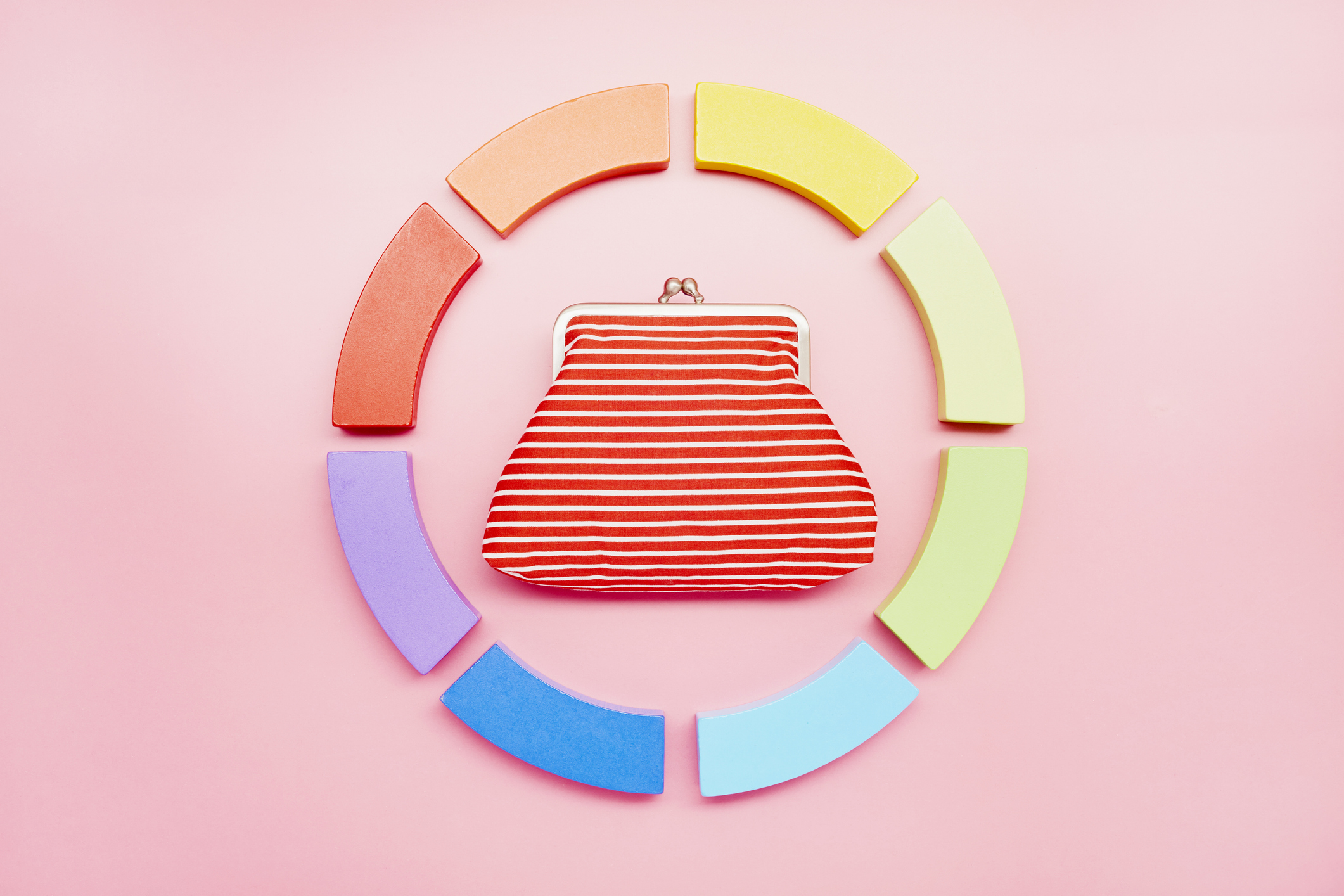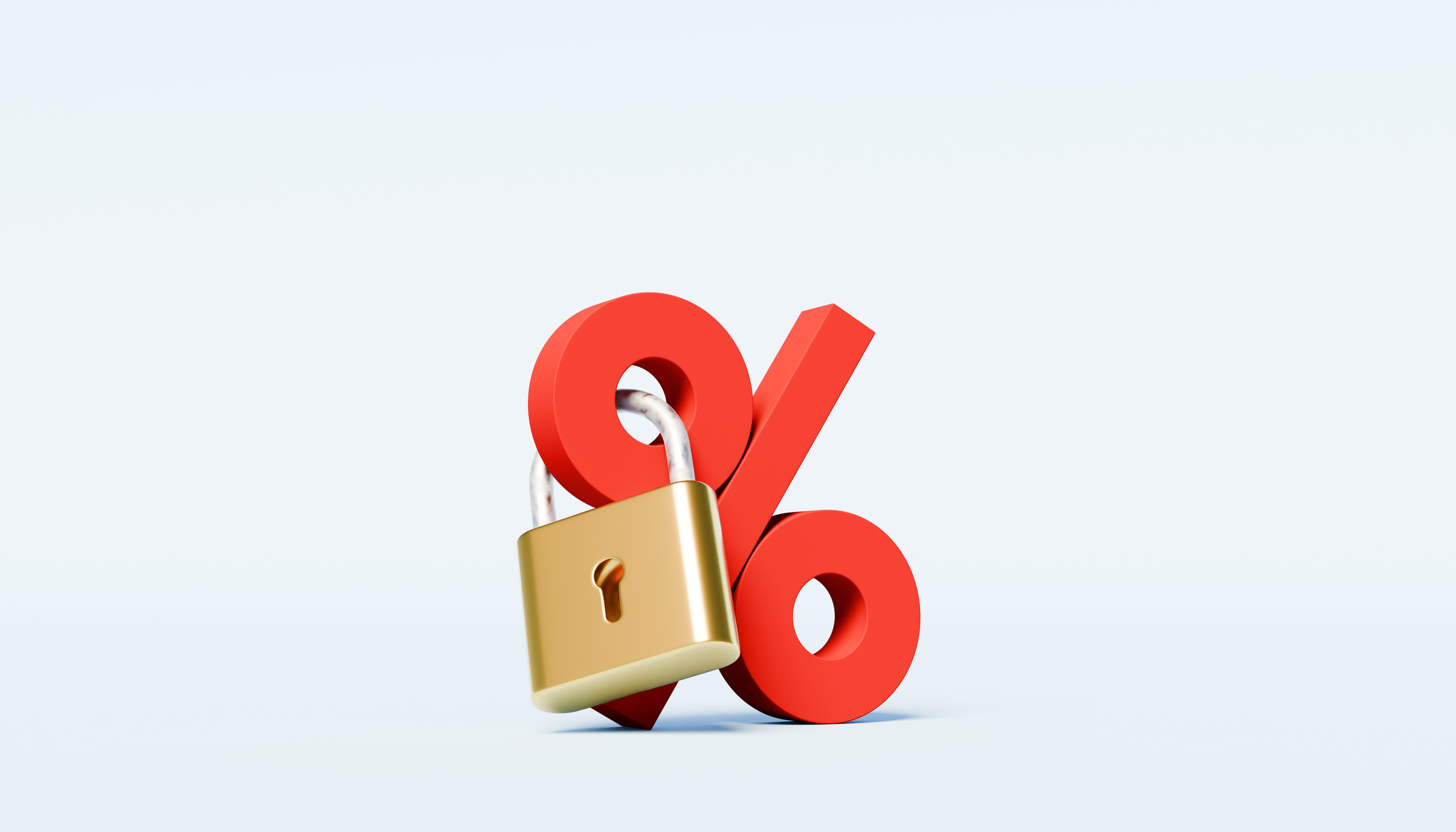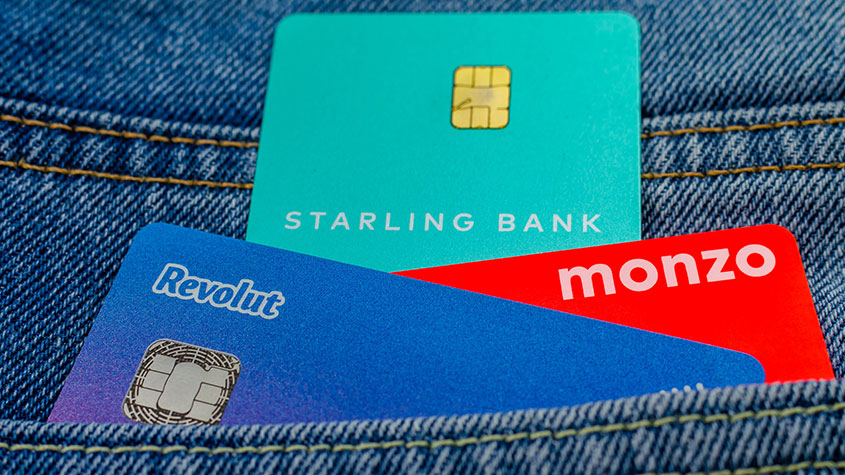What is Islamic finance?
Sharia-compliant or Islamic finance banks regularly offer great rates for savers, but how do they differ from Western banks?

Tom Higgins

Get the latest financial news, insights and expert analysis from our award-winning MoneyWeek team, to help you understand what really matters when it comes to your finances.
You are now subscribed
Your newsletter sign-up was successful
Want to add more newsletters?

Twice daily
MoneyWeek
Get the latest financial news, insights and expert analysis from our award-winning MoneyWeek team, to help you understand what really matters when it comes to your finances.

Four times a week
Look After My Bills
Sign up to our free money-saving newsletter, filled with the latest news and expert advice to help you find the best tips and deals for managing your bills. Start saving today!
If you’re a keen reader of our up-to-date guides on the best savings accounts, you may have noticed a number of Islamic finance banks tend to be in regular contention for the top spot. But did you know that these accounts are available to anyone, regardless of faith?
Here’s what you need to know about what is Islamic finance, how it works and why you may want to consider switching your savings account.
What is Islamic finance?
Banks that operate under Islamic law have a handful of key principles that differentiate them from Western peers.
Such banks do not charge interest to customers to borrow money, nor do they pay any interest on savings or current accounts.
MoneyWeek
Subscribe to MoneyWeek today and get your first six magazine issues absolutely FREE

Sign up to Money Morning
Don't miss the latest investment and personal finances news, market analysis, plus money-saving tips with our free twice-daily newsletter
Don't miss the latest investment and personal finances news, market analysis, plus money-saving tips with our free twice-daily newsletter
These banks also avoid benefiting from investing in businesses that are against Islamic values, such as armaments, gambling, pornography, drugs, tobacco, pork or alcohol, and tend to steer well clear of any high-risk investments.
Islamic law states that money has no intrinsic value, meaning banks and lenders seek to generate an “expected profit rate” as opposed to a rate of return. This means that when you open an account with an Islamic bank, your money is invested in a profit-share arrangement.
But it's important to note that any such expected profit rates are not concrete, and the bank could give you less back than you initially put in. This is unlike a standard fixed rate account, which guarantees to pay you a certain rate for a fixed period of time, regardless of how the bank may be performing.
Is my money safe in an Islamic bank?
In a nutshell, yes. It is extremely rare for a UK-operating Islamic bank to not meet its expected profit rate, but if the bank fears it will have to return you less than stated, it will contact you ahead of time.
Al Rayan Bank says on its website, “If, for some reason, the Bank were unable to meet the expected profit rate it had quoted on its fixed term deposit products, the customer would be notified and given the option of ending the agreement, with their original deposit and profit earned to date intact, or they could accept a lower “expected profit rate” moving forward.”
As such, you should have a good sense of confidence when it comes to achieving the profit rates set out by Islamic banks, while fail safes such as reserve funds are in place to cover periods where the bank may be running at a loss.
And there’s good reason why Islamic banks want to keep savers as satisfied as possible - they are dependent on savers’ cash. Owing to the constraints of Sharia law, Islamic banks cannot borrow money from other lenders through the interbank system, meaning a steady flow of cash from everyday savers. Happy savers make for a happy bank.
From a saver’s perspective, Islamic banks work in practically the same way as any other lender, and the Financial Services Compensation Scheme (FSCS) sees it that way too. It protects any deposit up to £85,000 should anything happen to your bank, so you can be assured that your money is as protected in a Sharia-compliant account as it is in any other high street bank.
Islamic Banks in the UK
If you’re planning to open a savings account, there are a lot of Islamic finance services where you can put your money. For example, Gatehouse Bank is offering a market-leading 7% rate on its regular savings account where you can start saving from just £1 and go up to £300 per month.
We’ve rounded up some of the most popular banks:
- Ahli United Bank
- Al Rayan Bank
- Habib Bank AG Zurich
- Gatehouse Bank
- Bank of London and the Middle East
- Qardus
- Qatar Islamic Bank
Get the latest financial news, insights and expert analysis from our award-winning MoneyWeek team, to help you understand what really matters when it comes to your finances.

Oojal has a background in consumer journalism and is interested in helping people make the most of their money.
Oojal has an MA in international journalism from Cardiff University, and before joining MoneyWeek, she worked for Look After My Bills, a personal finance website, where she covered guides on household bills and money-saving deals.
Her bylines can be found on Newsquest, Voice.Cymru, DIVA and Sony Music, and she has explored subjects ranging from politics and LGBTQIA+ issues to food and entertainment.
Outside of work, Oojal enjoys travelling, going to the movies and learning Spanish with a little green owl.
-
 Should you buy an active ETF?
Should you buy an active ETF?ETFs are often mischaracterised as passive products, but they can be a convenient way to add active management to your portfolio
-
 Power up your pension before 5 April – easy ways to save before the tax year end
Power up your pension before 5 April – easy ways to save before the tax year endWith the end of the tax year looming, pension savers currently have a window to review and maximise what’s going into their retirement funds – we look at how
-
 Best and worst UK banks revealed
Best and worst UK banks revealedWe reveal the best UK banks – and the worst – when it comes to managing your money and good customer service. How does your provider compare?
-
 The best cash ISAs – February 2026
The best cash ISAs – February 2026Savings The best cash ISAs can help you make the most of your tax-free savings. But you may want to take advantage of top rates before they disappear
-
 The best one-year fixed savings accounts – earn up to 4.25%
The best one-year fixed savings accounts – earn up to 4.25%Savings One-year fixed savings accounts are offering inflation-beating rates of up to 4.25%. We've rounded up the best deals available on the market now
-
 Best savings rates – earn as much as 4.5%
Best savings rates – earn as much as 4.5%Savings The best savings rates on the market pay up to 4.5% on your cash – but you will need to act fast before these top-paying accounts disappear
-
 Smartphone banking: the best app-based bank accounts
Smartphone banking: the best app-based bank accountsNews App-based banks are convenient, come with features that help you budget and make banking easy. What are the best app-based accounts available now?
-
 Best easy-access savings accounts – earn up to 4.5%
Best easy-access savings accounts – earn up to 4.5%Savings Easy-access savings accounts are offering inflation-busting rates of up to 4.5% on your cash savings, but they won't last for long. We look at the best rates
-
 Don't buy pre-paid funeral plans, save for death instead
Don't buy pre-paid funeral plans, save for death insteadAnalysis Funerals are costly, but pre-paid plans have not been a reliable way to prepare for them. Set up your own savings instead, says Ruth Jackson Kirby.
-
 Beware of expensive pre-paid funeral plans
Beware of expensive pre-paid funeral plansAdvice Farewells are expensive, so many people opt for package deals. But they can be opaque and pricey, says Ruth Jackson-Kirby.